A hundred game developers fill the room at Games Ground Berlin. I’m one of the panelists speaking on mental health, and I pose the question:
Who in this room has experienced burnout?

Half the hands shoot up.
I’m shocked. Part of me thought burnout was a problem faced by only a select few—the hard-driving professionals who push themselves to their limits. But as I look around, I realize that burnout has touched nearly everyone: my friends, my colleagues, my former bosses. No one is preserved from it.
Understanding Burnout
Even I’ve questioned whether I’ve experienced burnout. For some of us, the lines are blurry. Grinding at work, surviving on little sleep, skipping meals, and pushing non-stop for weeks have been “normal” to me. I have felt multiple times in my work life at the edge of burnout, and I didn’t know about it.
For many, it’s only when they land in the hospital that they recognize what’s happened. Yet, burnout doesn’t strike overnight—it builds gradually, with clear warning signs that often go unnoticed.
Burnout is symptomatic of our modern work culture. Technology enables us to push productivity to its extremes, and in a post-COVID world, the convenience of working from anywhere often comes at the cost of connection with others and with ourselves. Nothing forces us to stop overworking —except our own discipline or body... But by then, it’s already too late.
Why Burnout Is Prevalent in Game Development
During the panel, we touched on how the gaming industry faces unique pressures that amplify the risk of burnout:
1. Passion as a Double-Edged Sword: Gam developers pour their full hearts into their creations, sometimes losing themselves in their work at the cost of their health.
2. Rapid Growth: Scaling too quickly can overwhelm teams and strain resources.
3. High-Stakes Investments: The pressure to deliver high returns for investors fuels the rapid growth and problems stated above.
4. A Winner-Takes-All Mentality: The general competition motto that only the ‘best’ survive fosters a scarcity and FOMO mindset, and pushes teams to go on the rabbit race to ‘stay’ in the game.
This race isn’t sustainable, and at the end of the road is burnout for each.
So, how can we recognize burnout early and create systems to prevent it?
The Burnout Scale: Recognizing Signals
To help identify burnout in yourself and your team, I am offering this burnout scale system (based on discussions with hundreds of game developers and leaders) to evaluate where you’re at with burnout and if it’s a sign for you to take a step back for the end of the year.

🟢 Green Signals: You’re Okay
- You feel energized and inspired at work.
- You feel rested when you’re not working.
- You feel satisfied with your work-life balance.
🟡 Yellow Signals: Feeling Overwhelmed
- You’re working long hours daily (>8 hours) and weekly (>80 hours) for extended periods and can’t stop because you have so much to do!
- Meal breaks and evenings off are functional, not restorative
- You can’t recall your last holiday or personal day
- You don’t sleep well —you go to bed and wake up thinking about work, even dreaming about it
- You miss time with friends and family
- Self-care is at the bottom of your priorities
🟠 Orange Signals: On Edge
- You’re easily irritated, snapping at colleagues, family, or friends
- The only thing you look forward to is your next holiday
- Your energy levels are depleted—both at work and in life
- You feel disconnected from others and yourself
🔴 Red Signals: Burnout is Here. Game Over.
- At this stage, you’ve hit a breaking point: hospitalization, severe exhaustion, or total withdrawal.
- Recovery can take 6-12 months or more.
- Returning to work often requires a completely new approach—or doesn’t happen at all.
It always makes me sad when I hear from industry colleagues burnt out, and there are many. We must do something about it. So, what can we do before hitting the point of no return?
Systemic Solutions: How Can We Prevent Burnout?
I would like to invite companies and individuals to reflect on how we can prevent burnout at work as a collective system.
Here are the four key actionable that were brought up during our panel:
1. Set and Respect Boundaries
For individuals, learn to ‘say no’ (which may require working with a therapist). Protect your time for rest, personal connections, and hobbies. If your workplace penalizes you for setting boundaries, ask yourself if it’s worth staying there.
For leaders, lead by example. Don’t work overtime or email your team during weekends or after hours. Model healthy boundaries, so your team feels safe taking care of themselves too.
2. Plan Smarter, Not Harder
Hire a good producer: a skilled producer ensures projects are well-planned and scoped. If the workload exceeds capacity, it’s a problem of scope and priorities, time, or quality—one that a producer can help balance.
3. Foster a Sustainable Culture
Companies need to address burnout systemically. This includes investing in proper planning resources, like hiring producers; establishing policies that discourage overwork and promote rest; and prioritizing long-term business sustainability over short-term growth.
Those topics are the responsibility of the top management.
4. Create Safe Spaces for Burnout Discussions
Employees need to feel safe raising concerns about burnout without fear of judgment or retaliation. Open dialogue can transform burnout from an individual issue into a collective responsibility.
I remember using sprint retrospectives and offsites as a forum for my team to express their early feeling of burnout. It helped me calibrate our planning once I was aware and keep burnout in check for each team member, including myself.

A Spark Of Hope
Burnout is a significant challenge, but it’s not insurmountable. With intentional actions at every level—from individuals to leadership to companies—we can create healthier, more sustainable workplaces.
This shift is not just a requirement for our current workforce but vital for attracting future talent. The younger generation prioritizes well-being over workplace prestige and companies that fail to adapt risk being left behind.
🫶 Let’s work together to make burnout the exception, not the norm, in our industry.
Remember to take care of yourself.
Sophie







.png)












.jpeg)



